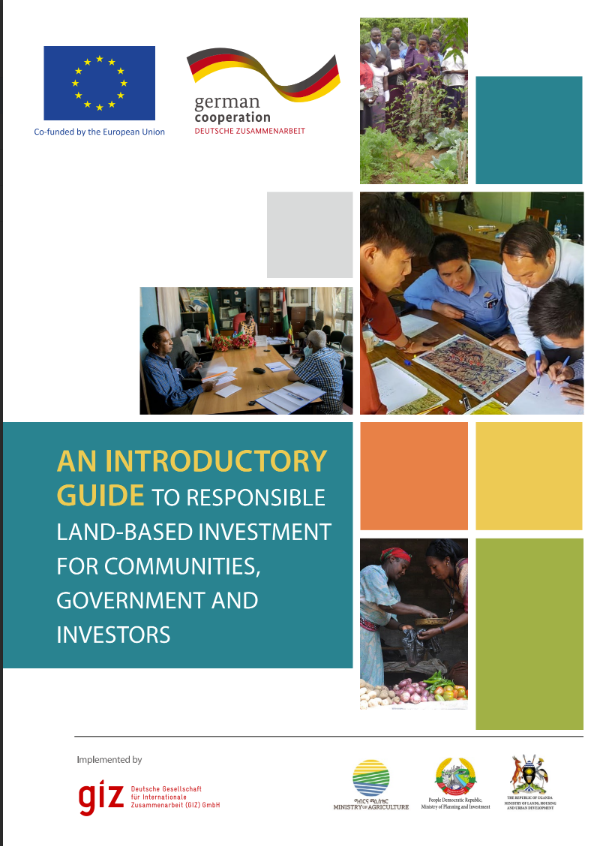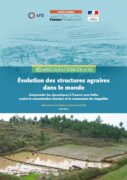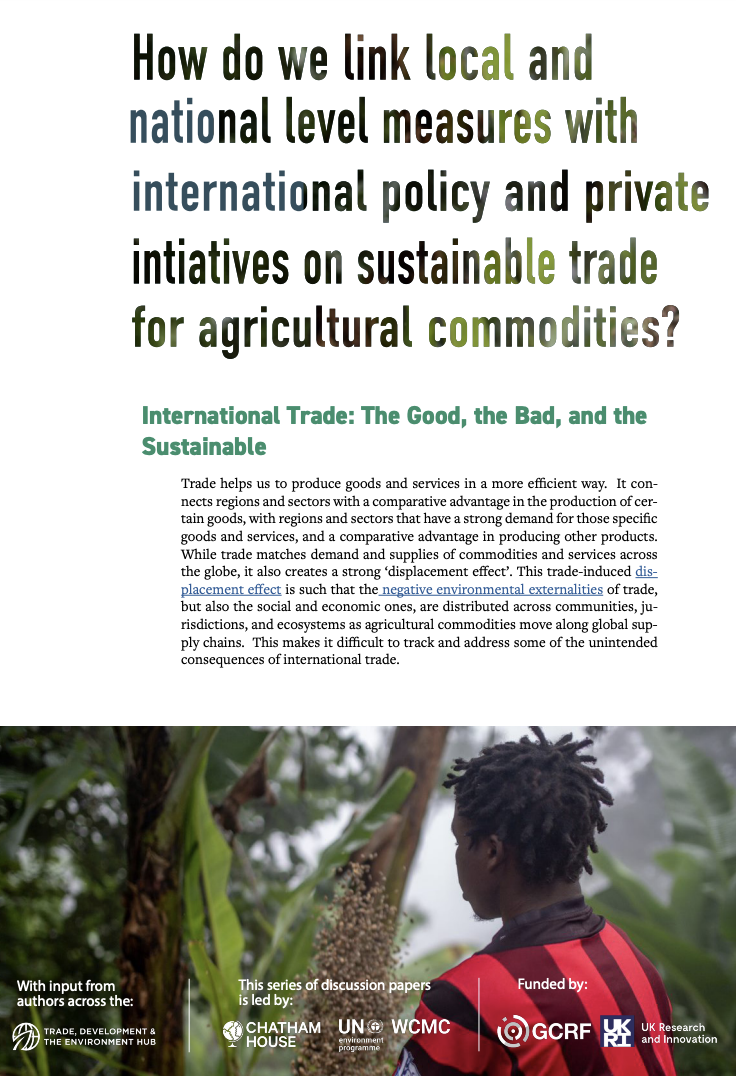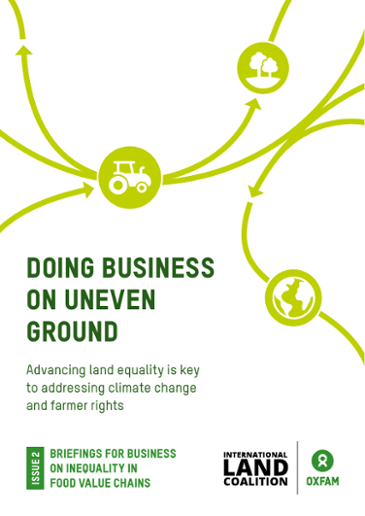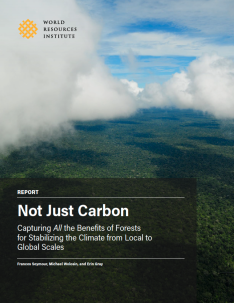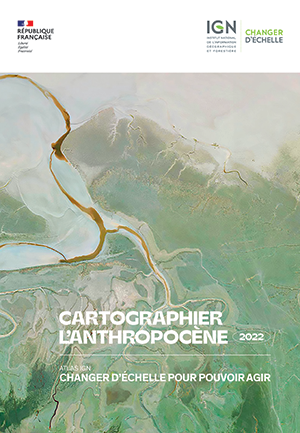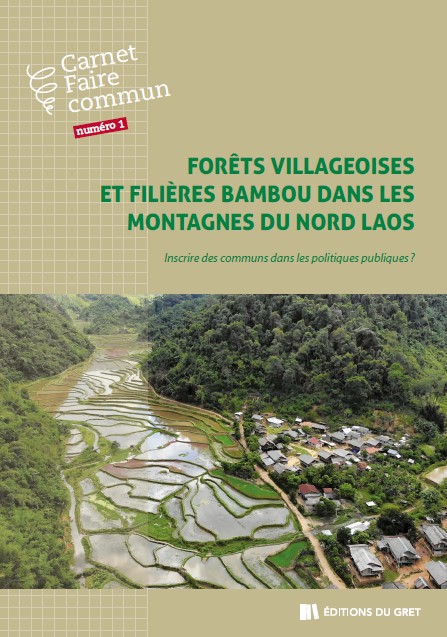An Introductory Guide to Responsible Land-Based Investment for Communities, Government and Investors
Significant land-based investments in agriculture and forestry are essential to meet growing global demand for food and to help counteract the likely impacts of climate change. Such investments can have a number of beneficial impacts, such as enhancing food security, generating foreign currency, improving natural resource manage-

